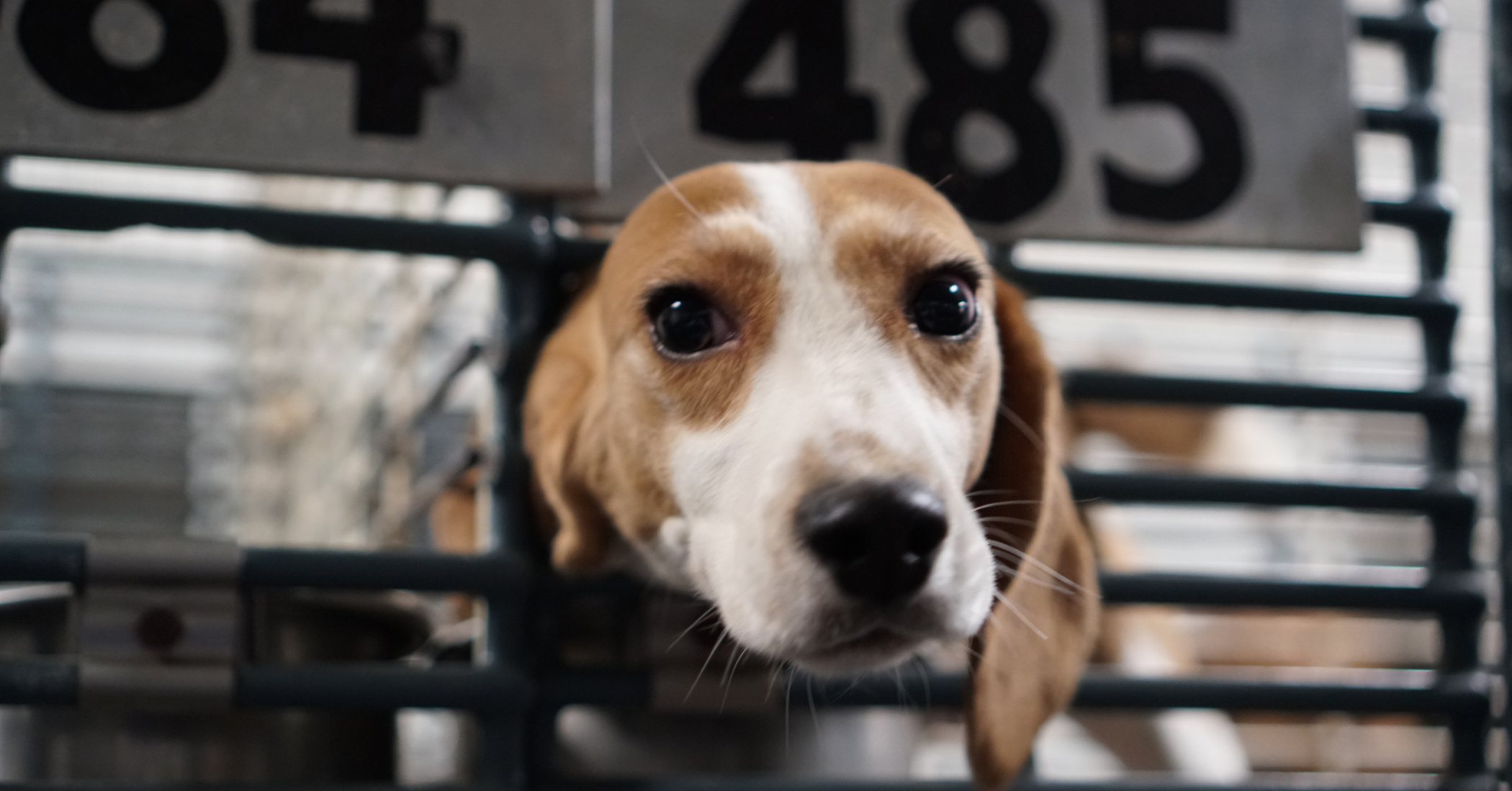The Cruelty-Free Goosedown Made from Bulrush Reeds
Saltyco's BioPuff is a pioneering plant-based filler derived from bulrush, using regenerative wetland agriculture to protect geese, restore ecosystems and counteract centuries of wetland damage.
The soft layer of feathers that lie next to the skin of geese and ducks are often plucked from the animals while they are conscious to be used in clothing, bedding, and more. Now, an innovative project has created a plant fibre alternative to traditional goosedown to help protect animals and nature.
Saltyco, a UK startup, has developed BioPuff, a groundbreaking plant-based fill material crafted from bulrush, with a feather-like structure. This unique fibre provides lightweight, warm, and water-resistant insulation, addressing the need for sustainable alternatives.
Designed to be an alternative to animal and petroleum-based products, BioPuff is created by growing plants using regenerative wetland agriculture. Through these methods, Saltyco is also working to restore damaged ecosystems - 87 percent of wetlands have been drained or damaged for industry and farming over the past 300 years.
"The bulrush has an incredible high-volume structure. Its seed heads can expand around 300 times in size,” Finlay Duncan, a co-founder of Saltyco, explained to The Guardian. “The umbrella-like structures mimic the natural composition of goosedown, offering that comforting lofty and fluffy sensation."
The material is already gaining recognition as a sustainable solution within the fashion industry. BioPuff was unveiled as one of the five winners of H&M Foundation’s 2022 Global Change Award, receiving a share of a €1 million grant from the non-profit foundation. As the winner of the first Vogue YOOX Challenge edition, Biofluff made its collection debut, and the startup up is also in talks with other fashion houses, reports The Guardian.
Credit: Saltyco
BioPuff is also creating change for farmers.
To increase the availability of bulrush, the Wildlife Trust for Lancashire, Manchester and North Merseyside has partnered with a local farmer and a landowner on a five-hectare area, that was drained for agriculture more than five decades ago, to engage in a pioneering paludiculture - or wet farming - trial. The initiative is bolstered by a £400,000 grant from the UK government.
The trial will see the re-wetting of the land for bulrush cultivation and could mitigate 2,800 tonnes of CO2 equivalent by 2050, foster greater biodiversity, and offer an additional income stream for farmers grappling with lowland peat in England's northwestern regions, according to the Wildlife Trust.
“I’ve been farming this land for 35 years and have seen steadily declining yields and increasing difficulty finding a market for traditional crops,” Steve Denneny, who will be growing the bulrush crop on land owned by the Peel Group told The Guardian. “I think wetter farming could be the future for a lot of lowland agricultural peat, and it’s great to be part of it right at the start.”
Credit: Saltyco
The process requires about 20 bulrush heads to produce enough material for a single jacket, with the initial batch of rushes expected to be harvested from the UK site in 2026, according to The Guardian.
“If we can make this trial successful and upscale it, there is so much lowland peat in the UK that is crying out to be rewetted, both environmentally and economically,” Mike Longden of the Wildlife Trust told The Guardian. “Farming on lowland peat can be really difficult. It’s not the most profitable farming.” Ideas like the bulrush project, therefore, could mean a lucrative “win-win”.
More and more companies are turning to innovative materials that are better for both birds and the environment. For example, materials science company, the PANGAIA collective, has created FLWRDWN a fluffy, one-of-a-kind vegan down made from wild flowers by materials science company. Meanwhile, the premium insulation and fabric brand, PrimaLoft, offers 100 percent vegan items that use a proprietary microfiber structure to keep the body warm.
Learn more about next-gen materials with our recent podcast episode with Sydney Gladman and Ranjani Theregowda of Material Innovation Initiative (MII), the non-profit that’s advancing these materials here.
And check our more down-free material alternatives here.
We Have A Favor To Ask…
Species Unite amplifies well-researched solutions to some of the most abusive animal industries operating today.
At this crucial moment, with worldwide momentum for change building, it’s vital we share these animal-free solutions with the world - and we need your help.
We’re a nonprofit, and so to keep sharing these solutions, we’re relying on you - with your support, we can continue our essential work in growing a powerful community of animal advocates this year.
More stories:
Species Unite
A collection of stories of those who fight the good fight on behalf of animals.






The 25% death rate is prompting renewed criticism of zoo breeding programs and fresh calls to prioritize sanctuary-based alternatives.